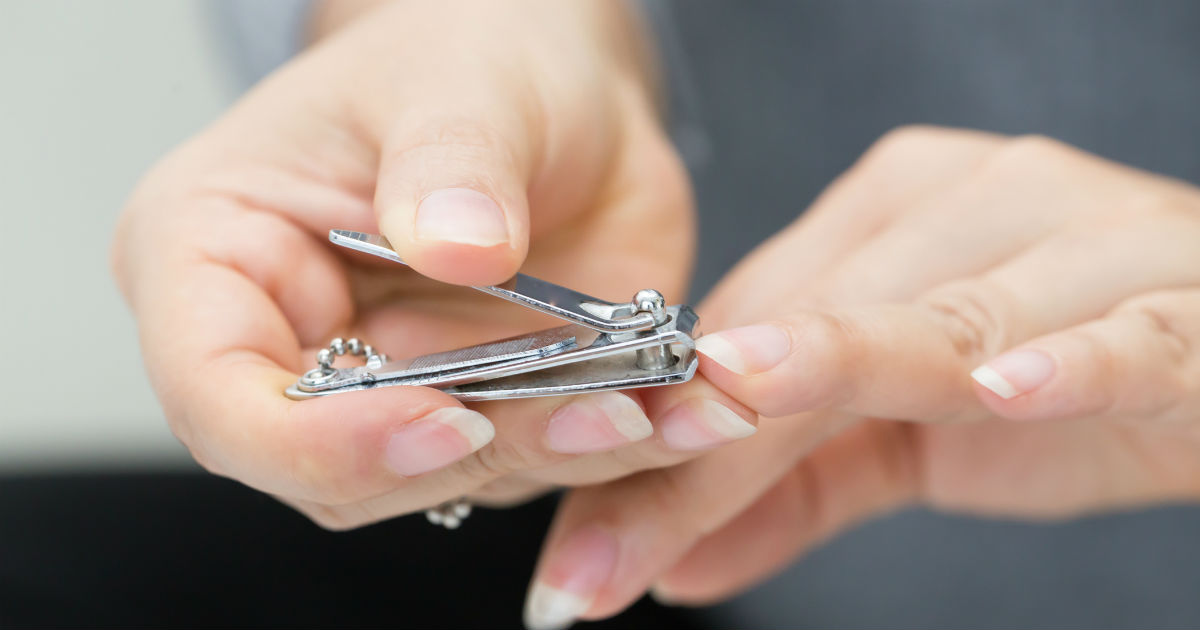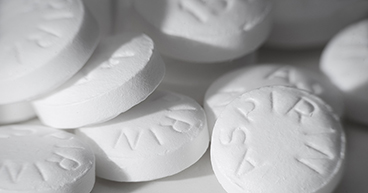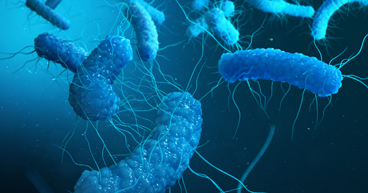
If you have cancer, the disease or its treatments may change how your body feels or functions. Hair loss, nausea and fatigue, for example, are common side effects of treatment. You may also notice changes in your skin and/or nails. Some skin reactions include redness, rashes, peeling, thin or fragile skin, very dry/flaky skin and/or increased sensitivity to sunlight. Your fingernails may become weak, break or lift off, or develop ridges.
Many different types of cancer treatments may cause changes in your skin and nails. For example:
- Radiation therapy may cause skin irritation in the treated area, particularly in areas where the skin is thin and smooth (e.g., the face or neck) or where you have body folds (e.g., on the breast, buttocks, abdomen, armpit or groin). Your skin may become red, sensitive, dry, itchy or moist.
- Chemotherapy may cause nails to crack and darken. It may also cause dry and itchy skin and photosensitive skin that burns easily.
- Stem cell transplants may cause rashes or blisters.
- Immunotherapy and targeted therapy may cause rashes and other skin or nail issues.
Your doctor may prescribe topical drugs in the form of therapeutic creams or ointments, antibiotics to treat infection, antihistamines to reduce swelling or itching, and/or analgesics (pain medications) to alleviate discomfort. For severe skin reactions, such as a redness that evolves into blistering or infection, your doctor may discontinue treatment for a period of time to allow the skin to heal.
Experts recommend against getting a manicure or pedicure at a nail salon to manage nail uses brought on by cancer treatment, especially during the COVID-19 pandemic. A visit to a nail salon may expose you to others who may be sick or to an infection from unsanitary equipment. Also, most nail salons are not equipped to deal with nail issues brought on by treatment. Consult with your care team for strategies in dealing with nail issues.
Tips for taking care of your skin and nails
To help prepare yourself, ask your doctor ahead of time what skin changes you can expect during treatment. Here are some tips on how to deal with common skin and nail changes.
- Wash your skin with lukewarm water and mild, non-perfumed soap. Don’t rub or scrub your skin. Gently pat dry with a soft towel.
- Consult with your doctor first before using any skin care products. Your doctor may prescribe cleansing, protective, moisturizing, drying, anti-itch or anti-inflammatory agents.
- Avoid perfumes, deodorants, body oils, bubble bath, scented lotions, cosmetics or products containing alcohol. Your doctor may recommend non-allergenic products. Ask your doctor about the use of hand sanitizers that contain as much as 60 percent alcohol.
- To avoid cuts, use an electric razor for shaving. Do not use a pre-shave lotion, aftershave or hair removal products.
- If you need to bandage the skin, use paper rather than adhesive tape and try to apply the tape outside of the treatment area.
- If you had treatment to your head, be gentle when combing or brushing your hair. Use a mild shampoo, such as baby shampoo. Avoid using curling irons.
- For dry skin, moisturize with creams designed to soften the skin. Avoid perfumed or scented lotions.
- Keep your hands moisturized and your nails cut short and avoid cutting cuticles. Do not use artificial fingernails, which can harbor bacteria. If you wear nail polish, use nail polish removers that contain oil to prevent drying.
- Wear gloves to protect your nails when doing housework or gardening.
- Soak or massage your nails with vegetable or olive oil.
- If your nails break or lift off, try to keep them clean and protected.
- Protect your skin from extreme heat or cold. Avoid using heating pads, hot water bottles or ice packs.
- Avoid clothes that are tight-fitting, such as collars, bras, girdles and pantyhose. Avoid wearing irritating or scratchy fabrics, such as wool, that may rub your skin. Instead, try soft cotton clothes and bed sheets.
- Wash your clothes in mild, gentle detergents.
- Eat a healthy, well-balanced diet and drink plenty of fluids each day to keep your body hydrated. Avoid alcohol and caffeinated beverages.
- Stay out of the sun. If you must be in the sun, use sunglasses, sunscreen with SPF 30 or higher, and wear a hat and protective clothing.
- Check your skin daily to look for any changes that can lead to infection. Let your doctor know if your skin looks or feels different, or if you notice any cuts or open areas.



